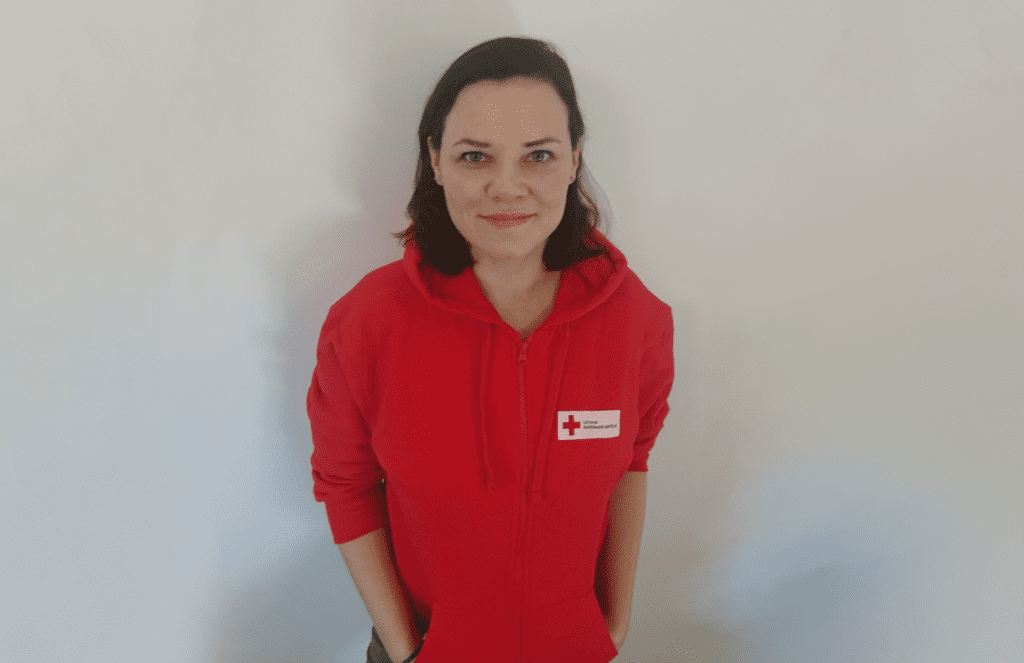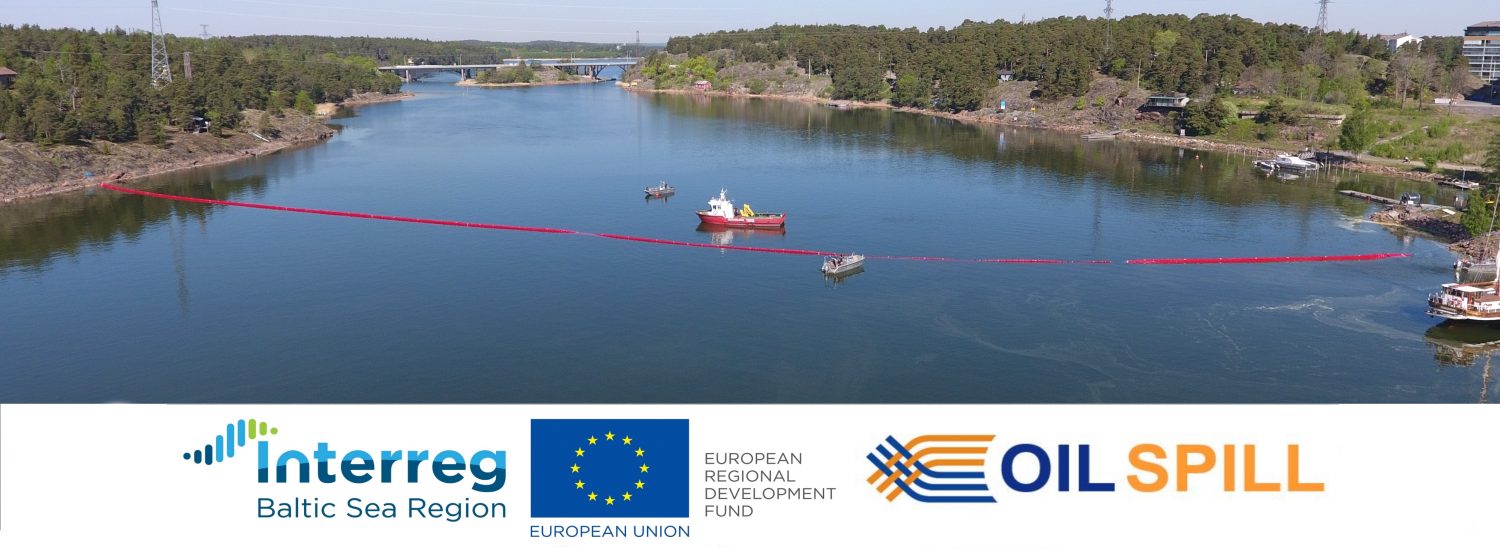Winds of Change at Lithuanian Red Cross − also Regarding Oil Spill Response
Written by Eglė Mikučionytė, Lithuanian Red Cross
Recently, a tip about an online training Volunteer Management in Oil Spill Response by Chris Miles and Oil Spill Response Ltd was shared on our OIL SPILL mailing list. At the Lithuanian Red Cross, we are only becoming involved in oil spill response, and participation in such an event was very useful and timely. The overall picture of the oil spill response improved, and I also learned several crucial, more specific issues on the topic.
First, my understanding of the struggles and difficulties in volunteer management in oil spill response increased. In addition, I became aware of the safety measures oil spill response activities require. And on top of that, I learned how important it is to train the volunteer leaders in oil spill response.
It became clear how the volunteers put themselves in danger during oil spill situations and how full awareness of safety principles is necessary. During this kind of a disaster, the success depends on volunteers’ work and readiness as well as how well the ad-hoc volunteers are managed and coordinated.
All disasters such as oil spills are unplanned events, making it harder to have an immediate response that is, naturally, needed as soon as possible. However, in this kind of accident, the local people become active and keen on helping fast. These ad-hoc volunteers may nevertheless put themselves in great danger without proper coordination, either from responsible institutions or the prepared NGOs in the area.
The webinar made it clear that for the Lithuanian Red Cross Society to be a relevant and useful partner in oil spill response, it is necessary to have a local volunteer response team in the seaside and coastal area. Currently, we have two fully trained Disaster Response Teams in Visaginas and Vilnius. Although the latter has had training in oil spill response, both teams are situated 4–6 hours away from the seaside, which is likely to be too far away and too late in case of an oil spill. As it was mentioned by Chris Miles, “local labour is the most motivated.” If the Lithuanian Red Cross wants to be an active and relevant actor in oil spill response activities, it needs to have a Response team in the area. Thus, a decision was made to prepare a new team that would be active in the coastal region, in Klaipeda.
The creation of this new team is also part of the new Disaster Preparedness Program that is being created in the Lithuanian Red Cross. Our organization is also implementing preparedness and contingency plans, that will help to act at the right time and in the right way. One part of this preparedness plan was analysis, which was done to recognize every region’s risks and possible disasters, so that proper preparedness would be planned in each of them. Of course, in seaside area, one of the identified high risks is related to oil spills, which shows the need to have prepared volunteers and an action plan/volunteer management plan in case of such an emergency.
At the same time, the Lithuanian Red Cross Society is going through changes in its volunteering system regarding recruiting and training the volunteers. All the processes are reviewed and updated, which means that the new team will be created according to new, more effective, processes. Another difference coming with this change of the system, is the reserve volunteers. The initial plan is to have a community reserve of ready-to-act volunteers with the basic training and who could join the prepared regular volunteers in big disasters.
All these changes can make a visible impact on how the Lithuanian Red Cross can contribute and help the Authorities in case of disasters such as oil spills. Because of the OIL SPILL project, the Lithuanian Red Cross can pay more attention to these kinds of risks and improve its preparedness. Also, we are ready to build strong cooperation with the Authorities so that they would understand, be aware of, and best utilize our capacity to support them.


Leave a Reply